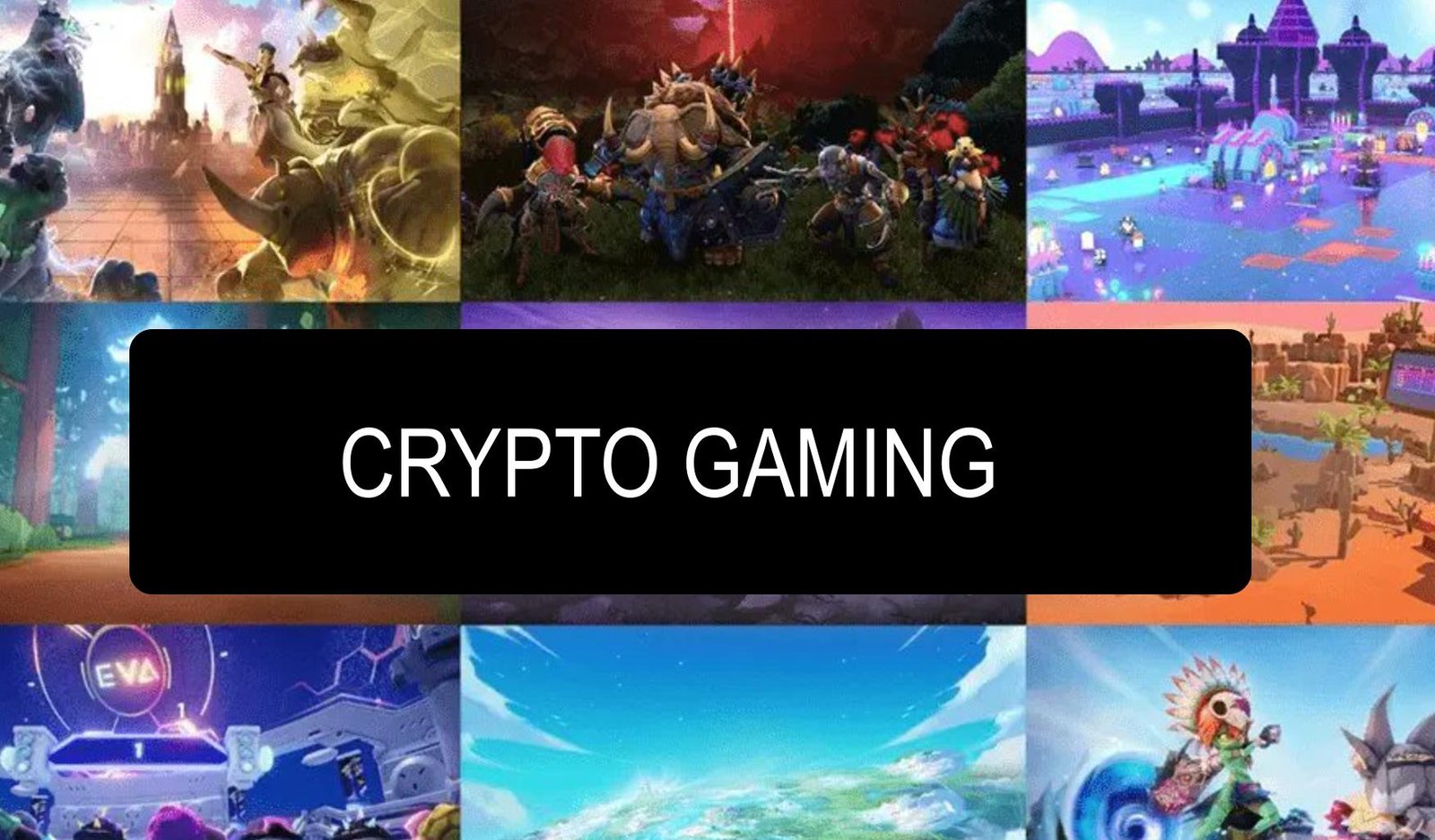ABOUT US
Welcome to StudioOneNetworks.com, your go-to source for the latest updates and information on a variety of niches. Our website is dedicated to providing our audience with informative and engaging content, as well as a range of digital marketing services.
For advertising queries, guest posts, backlinks, contact us at support@studioonenetworks.com
COMPANY
POPULAR ARTICLES
Underground Rave Scene in China: A Pulse of Rebellion and Freedom
Crouching through a small metal door into a dark...
Luke Humphries Weight Loss Journey with Before & After Image
Luke Humphries, the British professional darts player, has recently...
Amazon Prime for Seniors: How to Get Discounts and Save Big?
Amazon Prime offers fantastic benefits such as free delivery,...
How to Complain About Amazon Delivery Driver? A Guide for Unsatisfied Customers
File a complaint through the Amazon app or website...
How to Become an Amazon Delivery Driver? Complete Guide
You can become an Amazon delivery driver by meeting...
CONTRIBUTE
- Digital Marketing Guest Post
- Education Guest Post
- Travel Guest Post
- Fashion Guest Post
- Fintech Guest Post
- Health Guest Post
- IOT Guest Post
- Sports Guest Post
- Technology Guest Post
- AI Guest Post
© 2025 Studio One Networks. All Rights Reserved.



